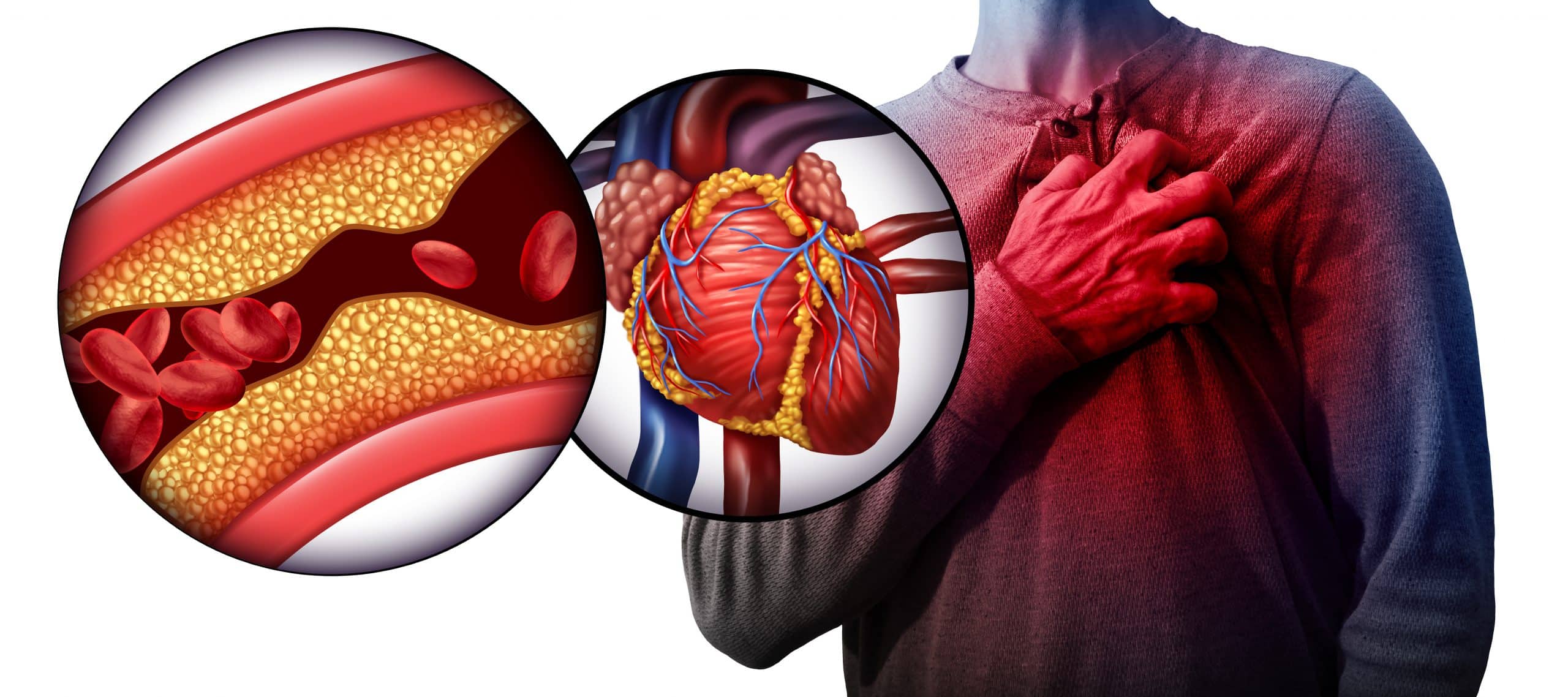09/04/2018
Music Therapy and Stroke Recovery
One of the most universal human experiences is enjoying music. Whatever genre you enjoy most, you’re almost guaranteed to encounter a like-minded individual out there. But what does music have to do with cardiovascular health? Well, recent studies actually indicate that music therapy could be a useful tool for stroke recovery. Learn more about stroke recovery and the newest treatments in use.
The Challenges of Stroke Recovery
Stroke survivors face a number of challenges in recovery. After the trauma of a stroke itself, recovery can feel like an overwhelming task. After a stroke, your mobility or independence is likely hindered. Survivors may need to live in a rehabilitation center for some time if their family isn’t able to provide the kind of care required. Rehabilitation, physical therapy, clinical trials, and lifestyle changes (diet and smoking) are all a part of stroke recovery according to the National Stroke Association. A person recovering from stroke can expect both cognitive therapy as well as various forms of mobility training, like motor skills exercises. Stroke is the third leading cause of death for women, and each year more than 140,000 people die of stroke. The good news is that between 1995 and 2005, stroke mortality actually declined by 30 percent. This means stroke patients are more likely to survive and undergo rehabilitation.

The stresses associated with stroke recovery are very real—but what if there was a way to make recovery a little less daunting? Music therapy could be for patients a way to relax and recover simultaneously.
Music Therapy for Stroke Survivors
As recently as August 2018, a hospital in Dallas, Texas introduced a music therapy program directed at stroke survivors. The idea is that music therapy is a relaxing and fun outlet for stroke survivors undergoing recovery. But how does music therapy work, and are there any proven medical benefits?
Music therapy is thought to be especially beneficial for patients who display aphasia. Aphasia is a condition that results from stroke that impairs the ability to process language. Impaired language ability can feel extremely isolating for patients who can’t communicate. Music helps patients restore their language ability through singing. It’s thought that the brain is more likely to respond to language when it’s in the context of music, even when patients struggle to speak normally. While conclusive evidence is still needed to prove a connection between improved cognitive function and music listening, studies do report a positive emotional response and improved quality of life in those with aphasia. It’s thought that music therapy helps improve cognitive function by stimulating these parts of the brain:
– Cognitive function
– Sensorimotor function
– Emotional processing
– Multisensory integration
– Processing of musical syntax and meaning
– Social cognition
Recommendations for trying music therapy suggest to listen to music for 20 minutes at a time, and make sure it’s the only thing you’re focusing on. Pay special attention to the lyrics, and try to challenging your mind. Music will not only improve your mood and outlook, but it has the potential to impact your progress. To learn more about your risk of heart disease or stroke, make an appointment today with the Cardiovascular Group at www.cvgcares.com.




